The Independent's journalism is supported by our readers. When you purchase through links on our site, we may earn commission.
Cecil the lion’s legacy: Zimbabwe’s Hwange National Park, one year on
A year after the area’s best-known big cat was killed by a trophy hunter, conservationists are working hard to protect the remaining wildlife
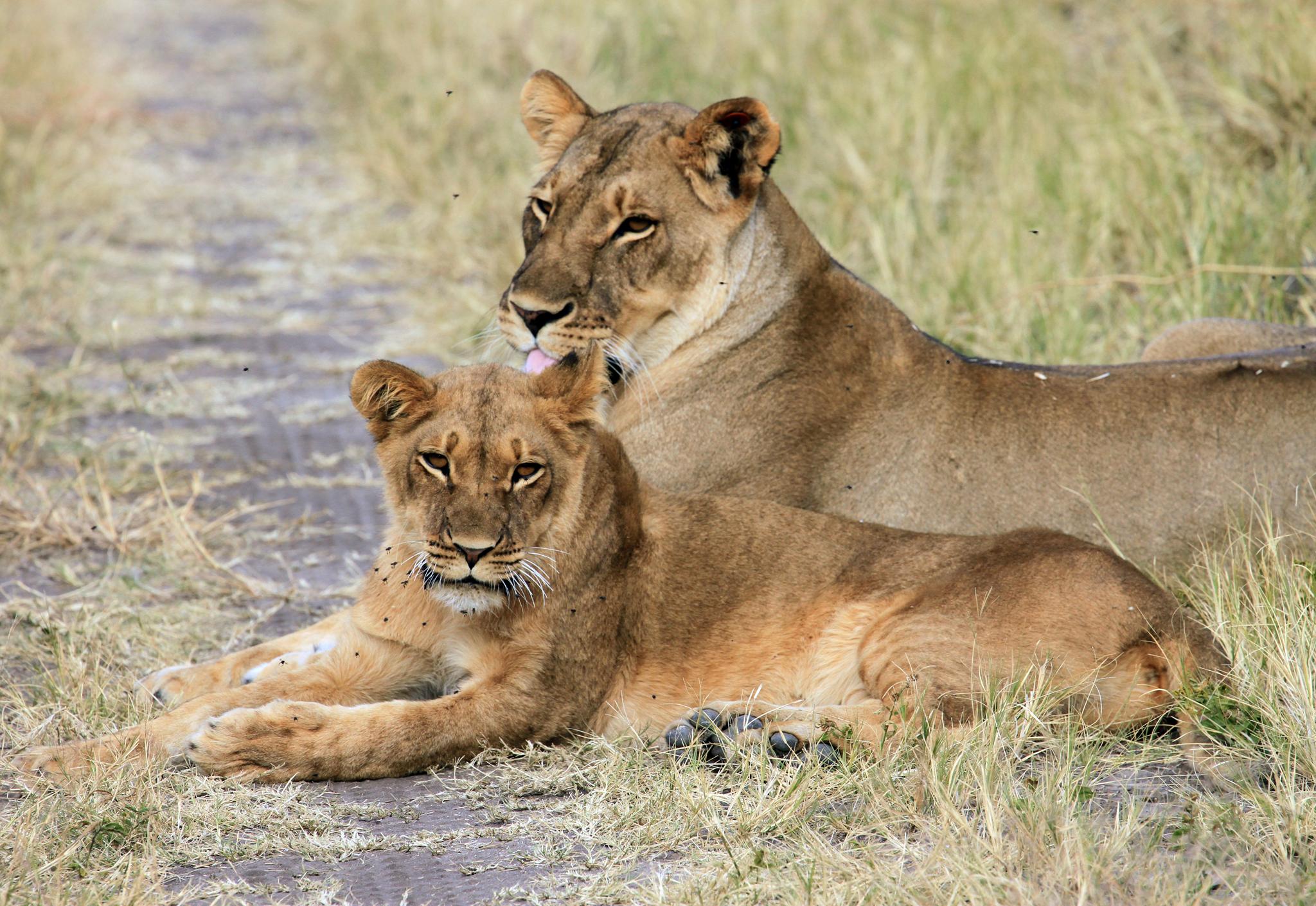
“Everyone knew Cecil,” my guide Calvet Nkomo told me with a mix of pride and sadness. “He was the most photographed lion in Hwange.”
On my last visit here four years ago, I’d been tracking Cecil with Oxford University’s WildCRU research team. He’d eluded us, having crossed the railway line that marks the border of the national park. A year ago this week, Cecil died in that same area, at the crossbow-holding hands of a trophy hunter dentist from Minnesota. He left behind seven young cubs whose chances of survival seemed slim. Thankfully, another lion, Jericho, stepped in to protect them. But the cubs aren’t Cecil’s only legacy.
A media outcry stunned conservationists and thrust the vulnerability of Africa’s lions into the limelight. Online donations to WildCRU crashed its website, raising £500,000. Seizing the momentum, WildCRU and Panthera, the US-based big cat conservation organisation, are holding a conference on lion conservation in Oxford this September, appropriately called The Cecil Summit.
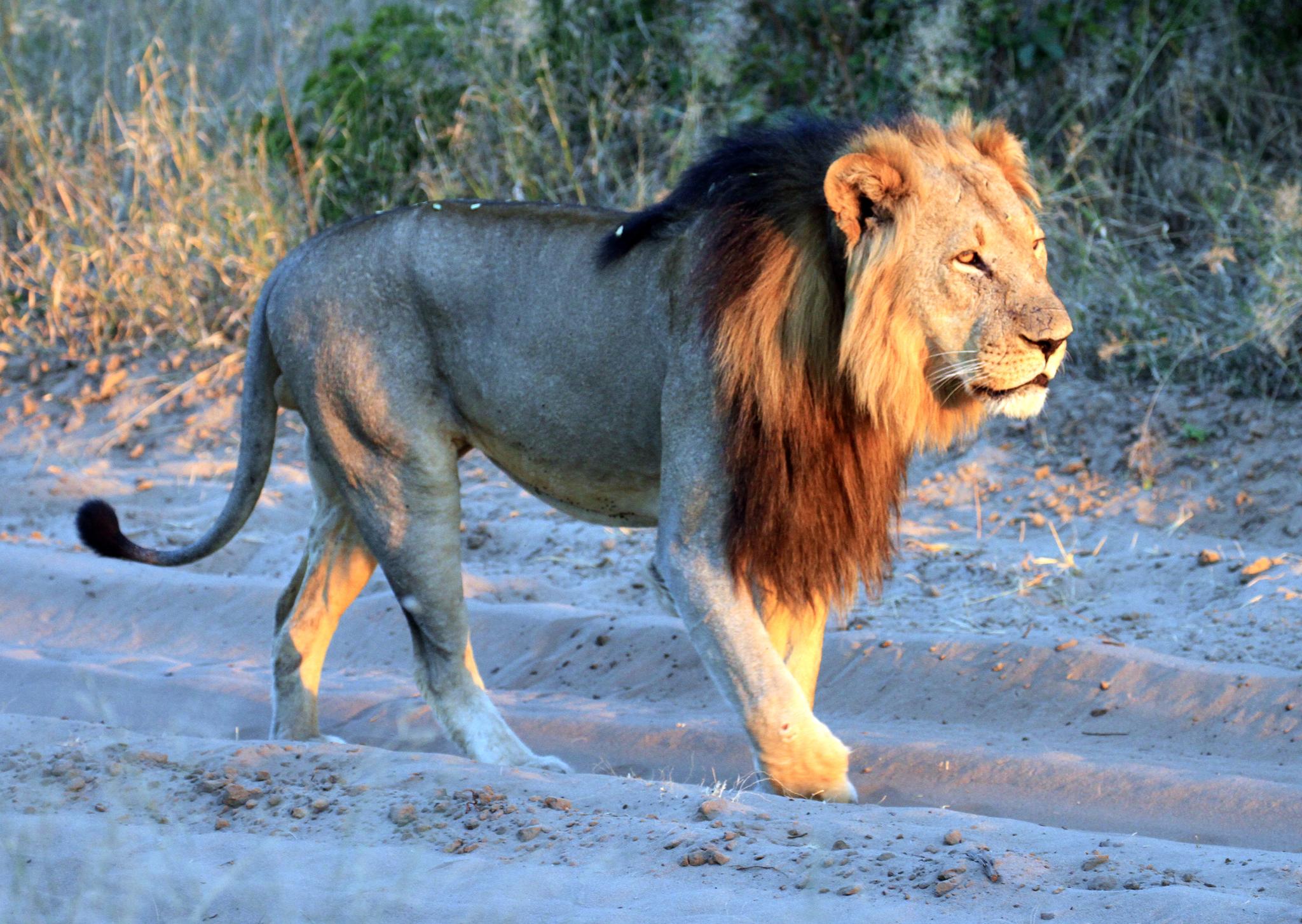
Cecil’s death also spurred a new local initiative, the Conservation Wildlife Fund (CWF). A collaboration of lodges within the Hwange area, CWF is funded through voluntary levies of $10 (£7.50) per bed-night to support community and conservation projects in areas surrounding the national park.
“Africa’s habitats and iconic species are under severe threat,” its founder, Beks Ndlovu, chief executive of safari operators, African Bush Camps, told me. “We need to come together as one voice to lobby government, help manage the park and influence a sustainable tourism industry to protect wildlife for the future. Cecil made me realise that the time to act is now.”
More than 200,000 lions once roamed Africa’s plains. Today, only around 25,000 survive. But hunting isn’t their only threat: human encroachment, loss of habitat and prey, poaching and human-wildlife conflict have all contributed to their demise. Some conservationists believe that unless action is taken, these majestic beasts could be extinct by 2050.
Home to around 450 lions, Hwange National Park spans 14,700sq km of teak woodlands, mopani forests and palm-dotted plains in western Zimbabwe. It is renowned for huge herds of elephants, often in their hundreds, meandering their migratory way to and from Botswana. Zebras, baboons, giraffe, buffalo, kudu, waterbucks, impalas, wildebeest, and warthogs were all easily seen on our game drives.
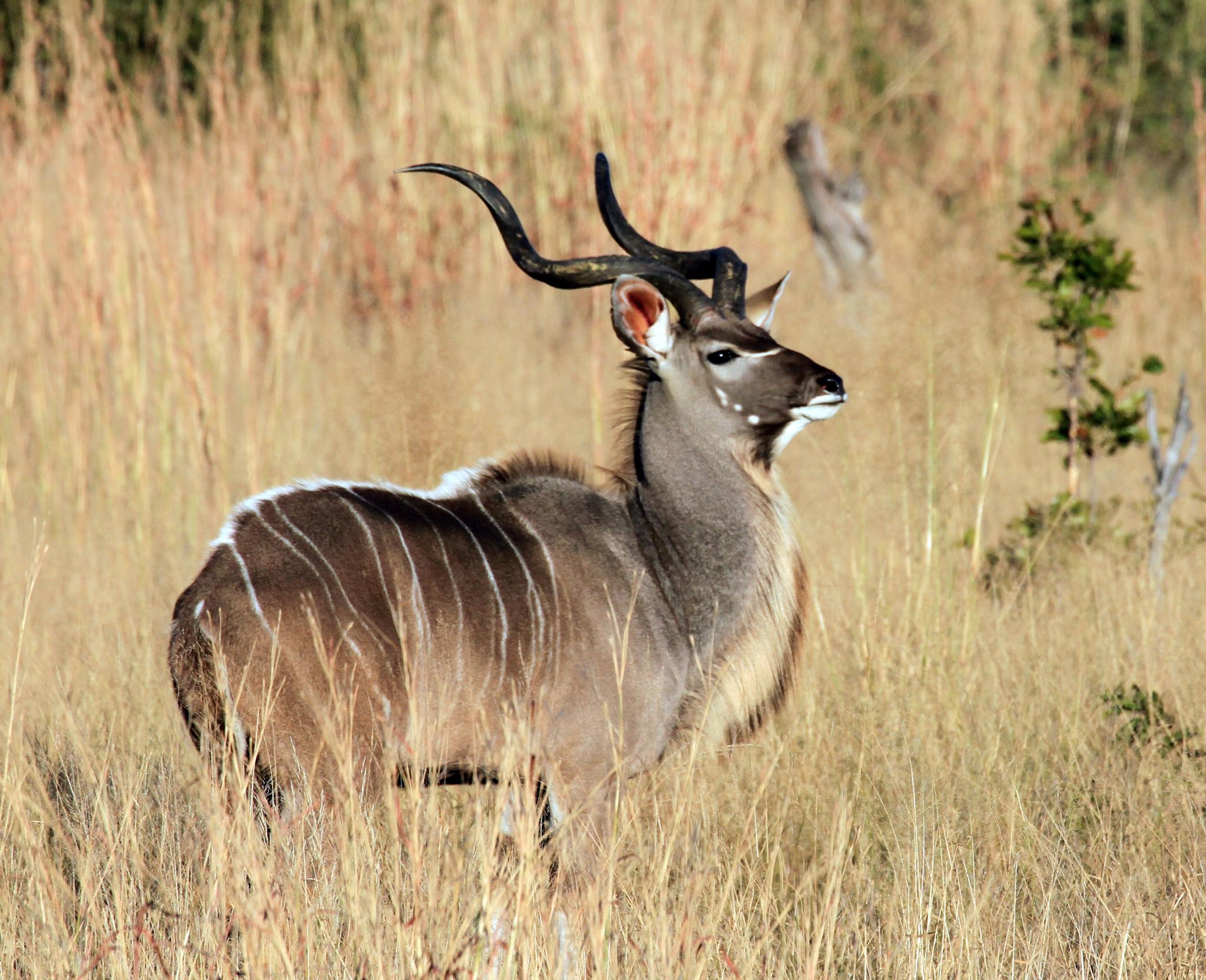
Tourism is thriving too. After a decade of being shunned due to Zimbabwe’s political volatility, Hwange is enjoying a quiet resurgence, with three new camps opening here in the past year.
Linkwasha, owned by Wilderness Safaris, lies in its own game-rich concession to the east of the park, with nine contemporary and capacious tented suites in shades of cream and grey. A sumptuous lounge, expansive decks and a plunge pool overlook a waterhole where we saw a 30-strong herd of elegant, glossy black sables. Lions prowled nearby and close to camp, we spotted a cheetah perched on a termite mound with five fluffy cubs.
In Hwange’s remote south, Imvelo Safaris’ new pared-back camp, Jozibanini, exudes a fantastic back-to-nature feel. With just three simple en-suite tents on raised decks shaded by camelthorn trees, it’s intimate and informal with dinners eaten outdoors by the campfire. We cycled and walked in the bush, tracking elephants, then listened to them trumpeting in the dark as we slept under the stars.
Award-winning Somalisa, part of African Bush Camps’ portfolio, isn’t exactly new but rather completely rebuilt. Its 12 chic tents come with copper baths and wood-burning stoves, perfect for chilly evenings. But the elephant pool is the highlight, right next to the plunge pool. Slurping and gurgling contentedly, elephants visited it daily, as if they were joining us for afternoon tea.
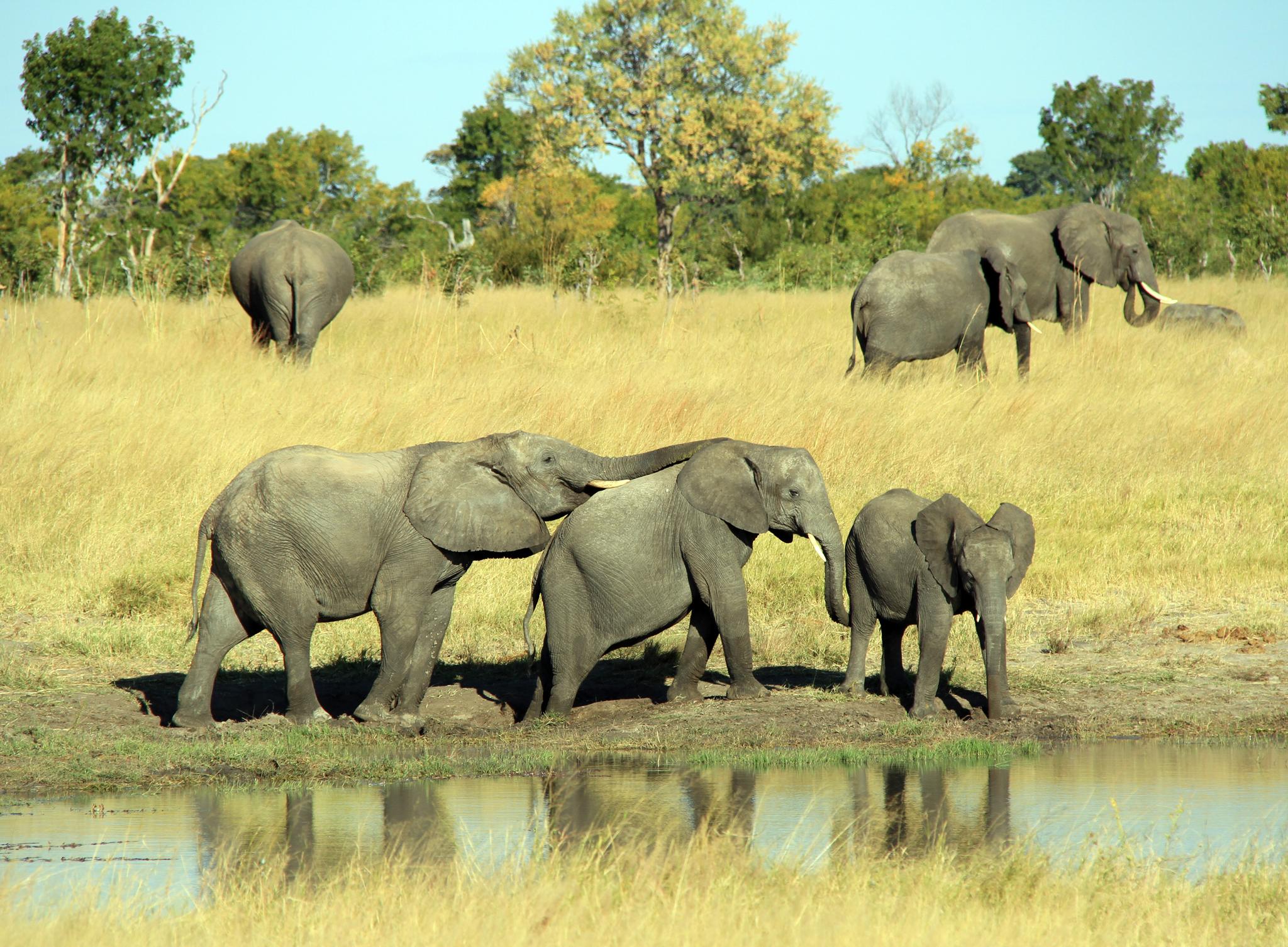
If wildlife is to be protected, communities must also benefit from conservation and the tourism that it brings. All different in style, these new camps share in common a deep commitment to communities and conservation. “There’s this wonderful paradise inside the park with huge numbers of wildlife,” Mark Butcher, Imvelo’s founder told me. “But outside the park there are huge numbers of people: it’s far from paradise for them. Their whole livelihoods can be wiped out by elephants and lions.”
Between them, Wilderness, Imvelo and African Bush Camps support several local schools. On visits to Ziga, Ngamo and Mambanje villages, surrounded by excited children, we learnt how they provide scholarships, restore school buildings, pay salaries and feed the pupils. We met women working on income-generating projects such as jewellery making, sewing and chicken breeding. And we saw children learning about conservation through eco-clubs and visits to the national park – most have never seen this paradise on their doorstep.
Inside paradise, we’d been searching for Cecil’s pride for three days. With Jericho having left the group, they were constantly moving on, avoiding male lions that might kill the cubs. On our last day, Calvet suddenly stopped the Land Cruiser. “Cecil’s pride!” he whispered excitedly, pointing to a tree on the roadside.
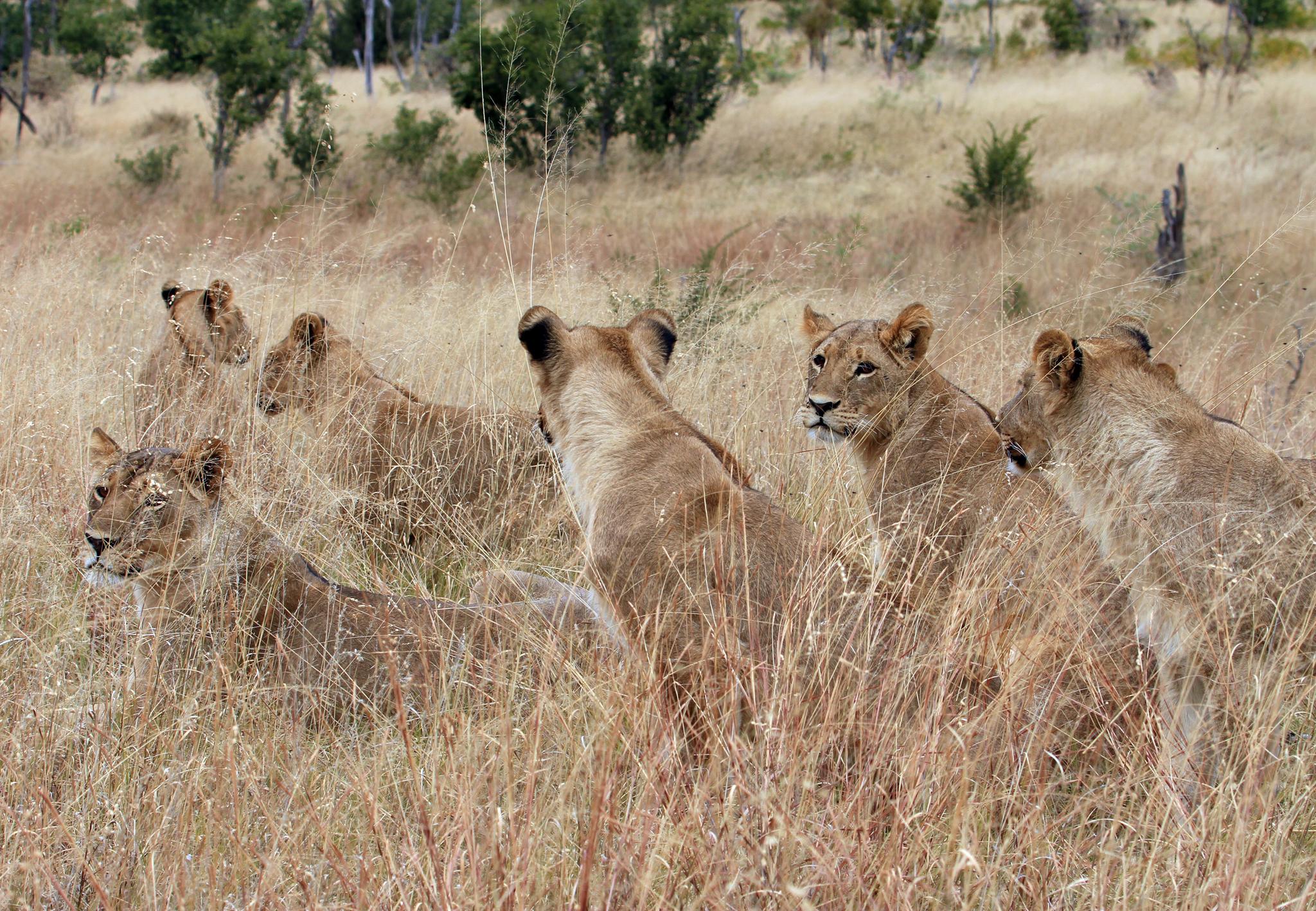
Camouflaged by tall golden grass, all seven cubs, the size of chunky Labradors, and three mums were doing what lions do best – dozing peacefully. Eventually they stirred then started their leonine bonding, licking and leaning on each other and rolling on their backs, paws in the air, with seemingly not a worry in the world. Cecil’s pride, the pride of Hwange, was alive and well, a beautiful legacy of a now legendary lion.
Travel essentials
Getting there
Sue Watt flew with Ethiopian Airlines (0800 016 3559; ethiopianairlines.com), which flies daily from Heathrow to Harare via Addis Ababa. Return fares start at £457 economy and £2,307 business class.
Air Zimbabwe (00 263 4 575021; airzimbabwe.aero) flies from Harare to Victoria Falls from $205 (£146) return.
Staying and visiting there
Zambezi Safari and Travel Company (01548 830059; zambezi.com) offers a two-week trip to Hwange National Park and Victoria Falls from $5,892 (£4,209) per person, excluding international flights. This includes 11 nights in Hwange, staying at Wilderness' Linkwasha, Imvelo’s Camelthorn and Jozibanini camps, and African Bush Camps’ Somalisa and two nights at Victoria Falls Safari Lodge, all transfers, all safari activities and most meals and drinks.
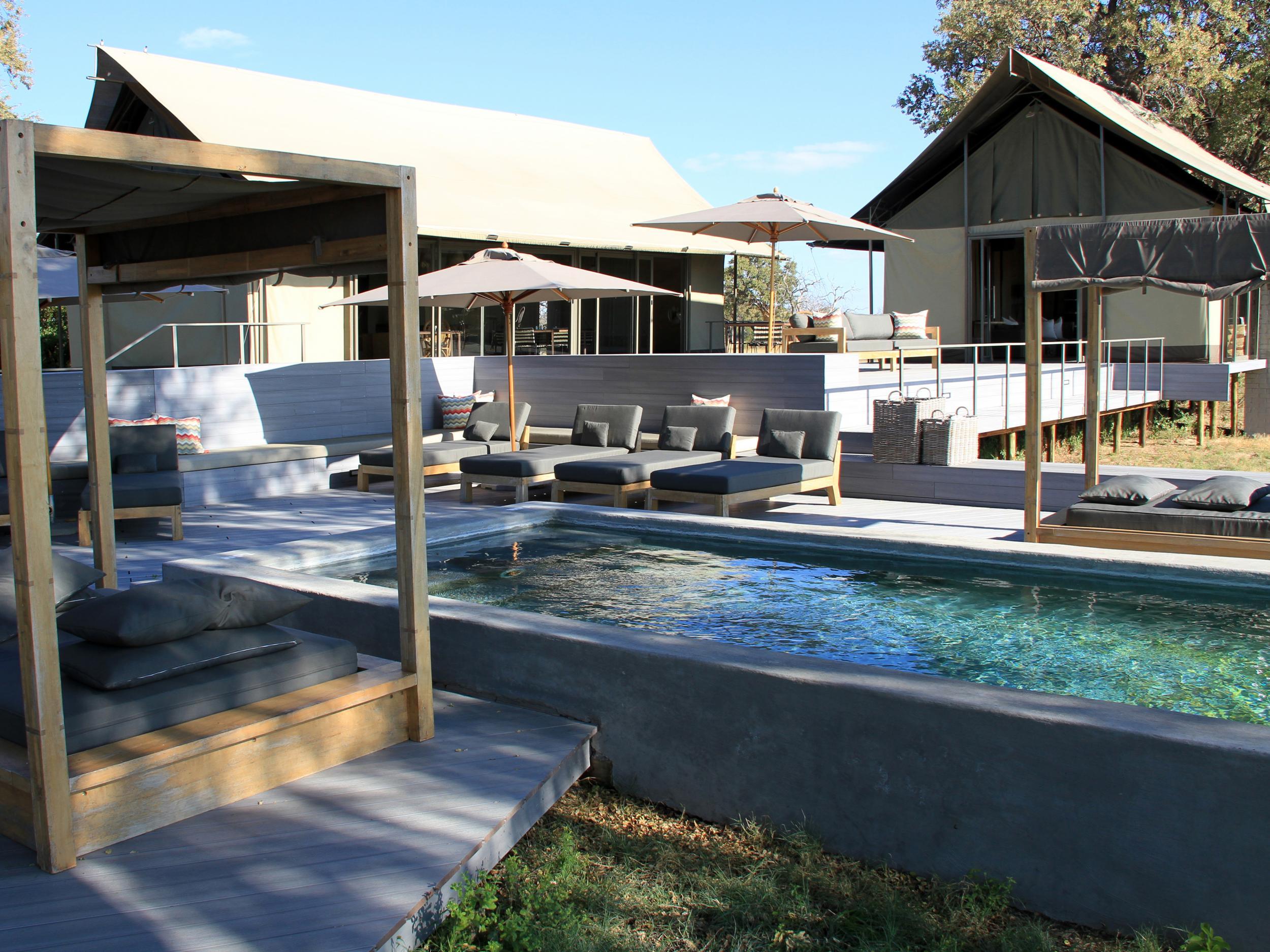
Guineau Fowl Rest (00 263 0774 456070; guineafowl.co.zw) offers double rooms from $120 (£86) B&B.
More information
Join our commenting forum
Join thought-provoking conversations, follow other Independent readers and see their replies
Comments
Bookmark popover
Removed from bookmarks